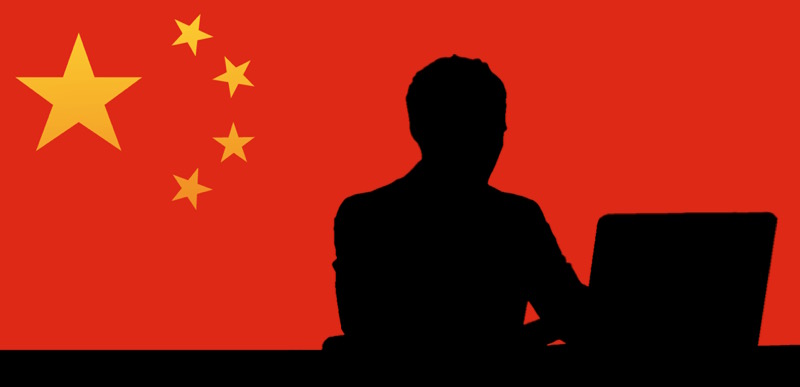Man. What is going on in the world. I’m not sure how crazy and or stupid you have to be to think that China has better standards on the regulation of freedom of speech than America does, but we found them. And the disgraceful idea made it to the Atlantic somehow:
“In the debate over freedom versus control of the global network, China was largely correct, and the U.S. was wrong.”
Here’s the main argument of the text:
As surprising as it may sound, digital surveillance and speech control in the United States already show many similarities to what one finds in authoritarian states such as China. Constitutional and cultural differences mean that the private sector, rather than the federal and state governments, currently takes the lead in these practices, which further values and address threats different from those in China. But the trend toward greater surveillance and speech control here, and toward the growing involvement of government, is undeniable and likely inexorable.
In the great debate of the past two decades about freedom versus control of the network, China was largely right and the United States was largely wrong. Significant monitoring and speech control are inevitable components of a mature and flourishing internet, and governments must play a large role in these practices to ensure that the internet is compatible with a society’s norms and values.
But this really isn’t about coronavirus at all, it’s about the “interference” in the 2016 election. That is why The Atlantic wants government to take over the internet:
Two events were wake-up calls. The first was Edward Snowden’s revelations in 2013 about the astonishing extent of secret U.S. government monitoring of digital networks at home and abroad. The U.S. government’s domestic surveillance is legally constrained, especially compared with what authoritarian states do. But this is much less true of private actors. Snowden’s documents gave us a glimpse of the scale of surveillance of our lives by U.S. tech platforms, and made plain how the government accessed privately collected data to serve its national-security needs.
The second wake-up call was Russia’s interference in the 2016 election. As Barack Obama noted, the most consequential misinformation campaign in modern history was “not particularly sophisticated—this was not some elaborate, complicated espionage scheme.” Russia used a simple phishing attack and a blunt and relatively limited social-media strategy to disrupt the legitimacy of the 2016 election and wreak still-ongoing havoc on the American political system. The episode showed how easily a foreign adversary could exploit the United States’ deep reliance on relatively unregulated digital networks. It also highlighted how legal limitations grounded in the First Amendment (freedom of speech and press) and the Fourth Amendment (privacy) make it hard for the U.S. government to identify, prevent, and respond to malicious cyber operations from abroad.
So they want to use the coronavirus epidemic in order to seize freedom of speech rights:
The First and Fourth Amendments as currently interpreted, and the American aversion to excessive government-private-sector collaboration, have stood as barriers to greater government involvement. Americans’ understanding of these laws, and the cultural norms they spawned, will be tested as the social costs of a relatively open internet multiply.
We are about to find out how this trade-off will be managed in the United States. The surveillance and speech-control responses to COVID-19, and the private sector’s collaboration with the government in these efforts, are a historic and very public experiment about how our constitutional culture will adjust to our digital future.
As you can imagine, the response to this bullcrap is not positive:
Including the line “China was largely right and the United States was largely wrong” discredits any piece of writing that discusses civil liberties and the rule of law. https://t.co/O5E9lOpx9d
— Ilya Shapiro (@ishapiro) April 26, 2020
This is an astounding and disgraceful sentence to appear in a leading American magazine:
“In the great debate of the past two decades about freedom versus control of the network, China was largely right and the United States was largely wrong.” https://t.co/PSUaMCZz8L
— David Marcus (@BlueBoxDave) April 26, 2020
Ridiculous.

